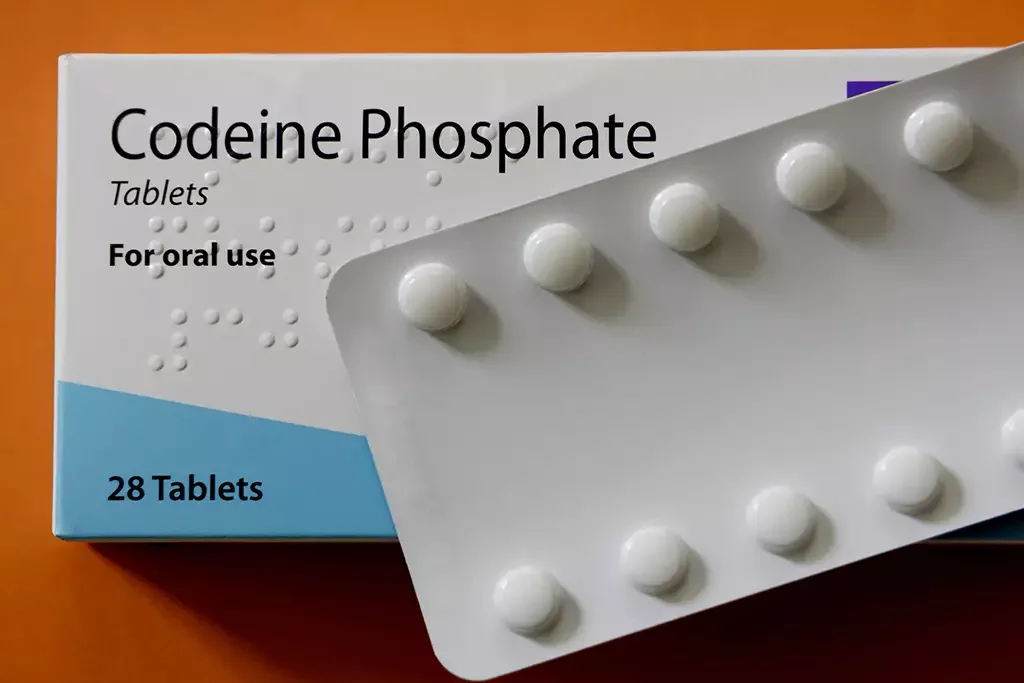
Codeine Phosphate is an over-the-counter pain reliever that is used to treat pain caused by neuropathic pain. This drug is contraindicated for some patients and has not recommended for women who have pregnant or lactating. It has also contraindicated for patients who have allergic to ibuprofen.
Side effects
Codeine Phosphate is a prescription medicine that has used to treat moderate to severe pain. It also helps to reduce coughing. However, it can cause addiction. People may feel the need to take more pills than the recommended dose, even if they have not sick. In addition, they may experience withdrawal symptoms, including agitation and difficulty sleeping.
Pregnant Women Extremely Drowsy or Dizzy
It has not recommended for pregnant women to take codeine regularly. If taken regularly, codeine can cause addictive effects and make pregnant women extremely drowsy or dizzy. It may also interact with antifungal and antibiotic medicines, which may lead to withdrawal symptoms.
Contraindications
Codeine phosphate is a commonly prescribed analgesic in tablets of 30 or 60 milligrams. It has also found in many mixed analgesic preparations. It has regulated by the Controlled Substance Act of 1970 in the USA. Cause a wide variety of unwanted side effects, including psychiatric and nervous system disorders. Also cause gastrointestinal disorders and muscle disorders. In addition, long-term use of codeine phosphate can result in raised intracranial pressure.
Contraindicated For Use in Pregnancy and Nursing Mothers
Codeine is contraindicated for use in pregnancy and in nursing mothers. Use of this drug during pregnancy can lead to severe side effects, including neonatal withdrawal syndrome, which can cause permanent damage to the baby. Women who have pregnant should inform their healthcare provider immediately. In addition, codeine should not used in children younger than twelve years old, as this medication can cause dangerous effects. It has also not recommended for children younger than eighteen years old, as it can cause fatal complications in children.
Interactions with other medications
Although codeine phosphate does not have a history of drug interactions, they have some possible interactions with other medications. The list of interactions has not exhaustive. Some medicines should not used together. If you have taking another medicine, you should let your healthcare professional know about it. He or she may need to change the dose or use different precautions. If you suspect that codeine phosphate and another medication might interact, you should consult your doctor right away.
Tablets Containing Thirty to Sixty Milligrams
Codeine phosphate is available as tablets containing thirty to sixty milligrams. It has also found in many mixed analgesic preparations. In the US, codeine phosphate is regulated by the Controlled Substance Act. Although codeine has not a potent analgesic by itself, it improves the analgesic effects of non-opioid medications. For example, codeine can improve the effect of paracetamol.
Precautions
Codeine phosphate should used only as directed by your doctor. Taking this drug for prolonged periods may result in dependence and addiction. It has especially dangerous for patients who have a history of substance abuse or mental health issues. Moreover, this drug should not used by nursing women. It can cause respiratory depression in infants.
Alternative Treatment
Before taking codeine phosphate, inform your doctor if you have taking any other medicines or herbal products. Codeine phosphate and benzodiazepines may cause respiratory depression, sedation, and even death. For this reason, it should only taken by patients who have an alternative treatment. If you accidentally take a large dose of codeine, call emergency services immediately to avoid complications.
Overdose
Codeine phosphate is a prescription pain medication. A licensed pharmacist prescribes it for acute abdominal pain. It has usually prescribed in doses of 50 mg, 75 mg, 100 mg, or 150 mg. Its overdose can result in respiratory depression, coma, or death. Codeine phosphate can also interact with benzodiazepines. It has therefore important to use this medication at the lowest effective dosage, and to closely monitor the patient to ensure that the dose is correct.
Occur by Accidental Ingestion
Codeine phosphate overdoses can occur by accidental ingestion. It has therefore important to store codeine phosphate in an appropriate and secure container. Codeine phosphate is not compatible with alcohol and should not taken if alcohol is present. It is also important to dispose of it properly.
